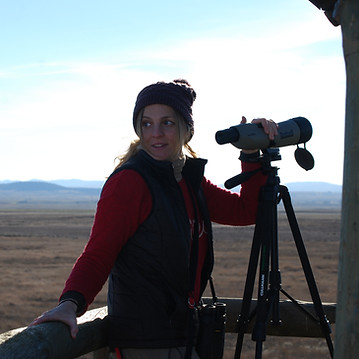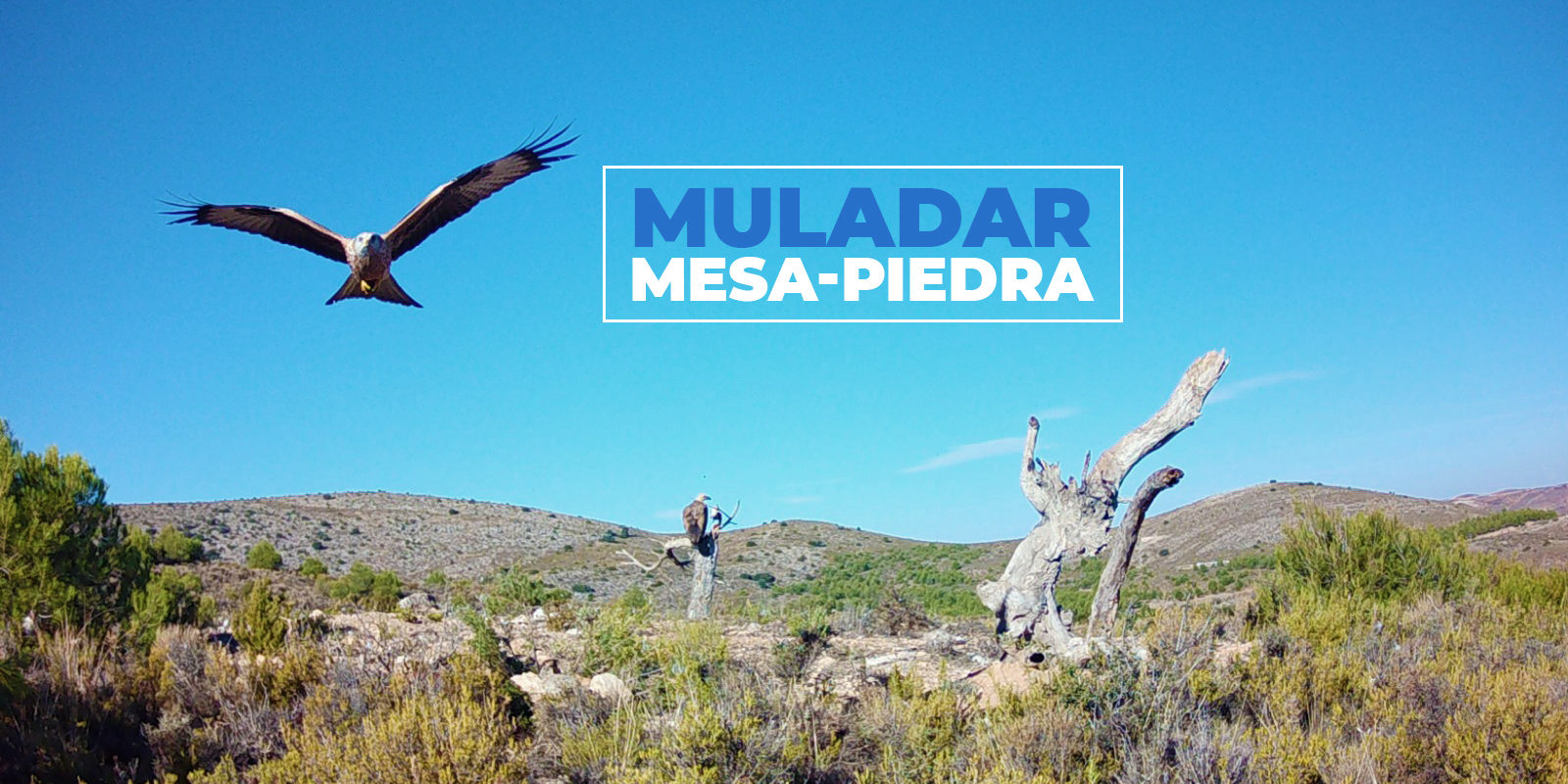One of the objectives of the EU’s Farm to Fork strategies is to reverse the loss of biodiversity. To contribute to this objective, DFGRUPO collaborates with ACOBIJA, a non-governmental and non-profit organisation dedicated to protecting, disseminating, promoting and developing projects for the conservation of natural heritage and biodiversity through sustainable management of the environment and natural resources.

With a degree in Marine Biology from Fairleigh Dickinson University (USA), Rodríguez participates in flamingo ringing programmes (Organización Niños y Crías, A.C., Yucatán, Mexico) and passerine bird ringing programmes (Reserva Natural T'isil, Q. Roo, Mexico, and the Institute of Bird Population, California, USA). In 2004, she took charge of the sea turtle protection programme run by the Bahia-Principe Ecological Foundation (Q. Roo, Mexico). Later on, she collaborated with the Whale and Dolphin Conservation Society (Massachusetts, USA) in the individual photo-identification programme for humpback whales and spent time at the Cape Wildlife Center (Massachusetts, USA) where she carried out recovery and reintroduction work with native wildlife.
Since 2007, and after returning to Spain, she has been working on the feeding and nutrition of endangered species kept in captivity, such as the Iberian lynx, the European mink and the lesser grey shrike, among others. She also carries out environmental education and technical training tasks by organising informative talks, courses, conferences and seminars.
As a member of ACOBIJA, she oversees the activities of biodiversity conservation and restoration projects.

Muladar Mesa-Piedra refuse heap is an enclosed outdoor reserve in a strategic location, which has been conditioned to encourage access by carrion-eating birds as a safe supplementary feeding point. Quality carrion is regularly deposited there and the individuals who use it are monitored.
The main objective of this supplementary feeding point (SFP) is to improve the conservation status of the red kite (Milvus milvus) and Egyptian vulture (Neophron percnopterus) populations through specific management, taking into account the feeding and ethological strategy of the target species.
Other objectives of the project are to:
We have been working on this project since 2022 and have achieved the following objectives: